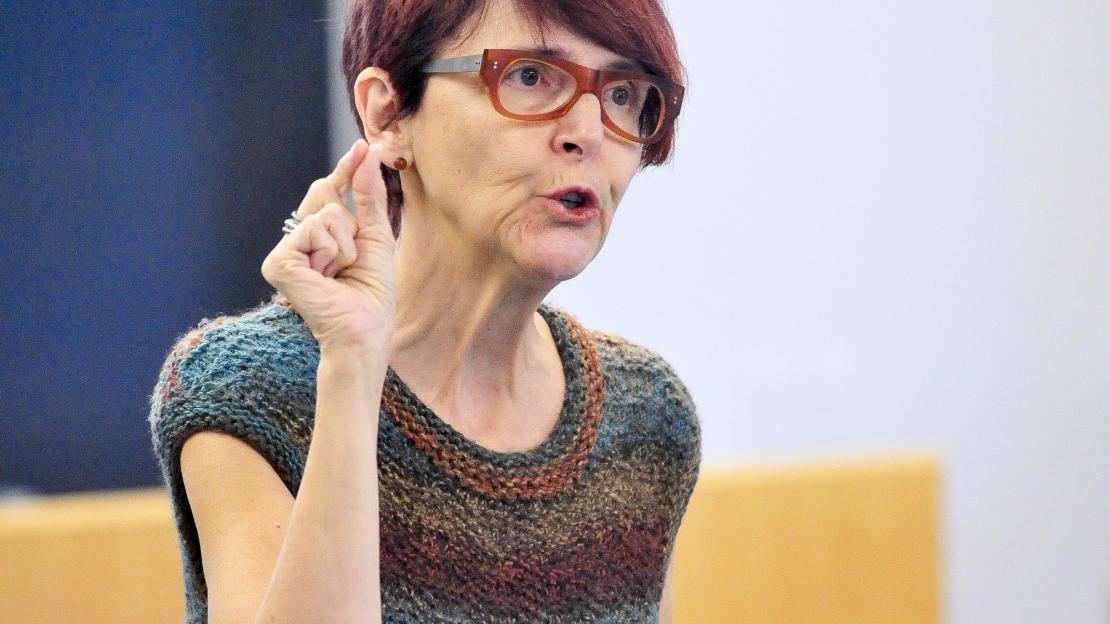We may share a border and both countries have enjoyed ranking as immigrant-friendly environments, but our reputations when it comes to newcomers couldn’t be more different. Canada enjoys the world’s praise, while in the U.S., President Donald Trump’s policies spark controversy, rumour—even fear.
This fall U of T Scarborough’s Great Explorations public lecture series focuses on whether Canada and the U. S. deserve their respective reputations, what the two countries can learn from one another, and what we can learn from others around the world.
The program takes place on four Tuesday mornings in October, and features lectures by U of T Scarborough faculty experts.
October 3: Where are the Nations of Immigrants? An Historian Talks to the 21st Century
History Professor Donna Gabaccia, author of 14 books and Chair of the Toronto Ward Museum, talks about the demographic and cultural impact of international migration—past and present—and whether Canada will replace the United States as a national of immigrants that serves as a model for other countries.
October 17: The State of Post-secondary Education and Immigration Status: A Comparison of The U.S. and Canada
While comparisons of our two immigration systems abound—particularly since the presidential election last year, Professor Paloma E. J. Villegas of the Department of Sociology notes that the intersection between these systems and post-secondary institutions is rarely discussed, particularly how each system engages with undocumented or precariously documented migrants.
October 24: “It’s Our Moral Imperative:” The Classed Meanings of Whiteness and the Politics of Immigration
Sociology Professor Fidan Elcioglu’s work focuses on political mobilization, migration, and race. She notes that even those Americans not directly affected by immigration policy still flock to the southern border, taking the law into their own hands. Some activists work with the U. S. Border Patrol to stop migrants from crossing; others leave jugs of water to help migrants survive their journey across Arizona’s Sonoran Desert. Prof. Elcioglu examines the motivations of these groups, and what their deep commitment tells us about the future of migration politics in the U.S. and elsewhere.
October 31: Canadian Refugee Admission and Incorporation Policies: Continuity and Change in The Face of Crisis
Associate Director of U of T’s School of Public Policy and Governance and U of T Scarborough Political Science Professor Phil Triadafilopoulos addresses Canada’s response to the global refugee crisis, and whether the country’s unique private sponsorship approach might allow other countries to harness untapped humanitarian sentiment. Among his other works, Prof. Triadafilopoulos is the author of the book Becoming Multicutural: Immigration and the Politics of Membership in Canada and Germany.
Learn more and register for the Great Explorations Lecture Series.
